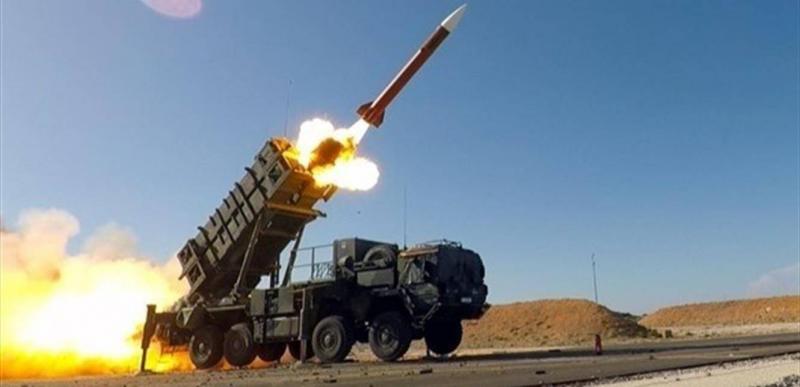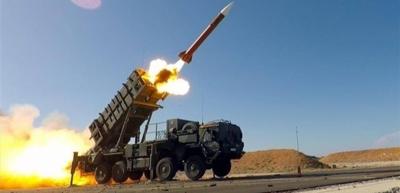Cubans are speaking briefly about the circulating hypotheses these days regarding Russia's intent to establish a military base on their island, due to the current Ukrainian crisis, in an effort to approach the U.S. Miami flank in response to NATO's attempts, led by the United States, to expand eastward towards Russian borders.
Local opinions and estimates regarding this issue vary in Cuba between two different trends. One expresses "fear that such a development could revive the repercussions of the 1962 Soviet missile crisis on the island," in the context of the "Bay of Pigs" incident, which at that time thwarted the American attempt to overthrow President Fidel Castro's regime. The other trend directly points to the fact that "the hopes Cubans had for lifting the embargo on their country, following former President Donald Trump’s reversal of the achievements of his predecessor Barack Obama during his historic visit to Havana and meeting with former President Raul Castro in March 2016, have faded, compelling them to place all their bets on the Russian player," according to a Cuban media source speaking to "Sky News Arabia."
The source, who requested anonymity, stated: "The United States failed to read the developments that occurred in Cuban internal affairs after Miguel Díaz-Canel was elected president in April 2018," noting that "the man, who was (at that time) 58 years old, came to power from a different generation than that of the historic Cuban revolution." He explained: "Díaz-Canel could have ended the six-decade rule of the Castro brothers (1959-2018) had the United States not backed away from its decision to lift the embargo due to its insistence on adopting a policy of stringent economic reforms."
#### The Russian Option and American Calculations
The discussion about Russia's military options in Cuba was seriously raised in Moscow and Washington since late last year and the beginning of this year, before the outbreak of the Ukrainian crisis. On December 14, 2021, Sergey Aksyonov wrote in the newspaper "Svobodnaya Pressa" about how the U.S. could remove its nuclear missiles from Russia's borders, questioning "whether Havana would agree to this."
The article stated that "Russian Deputy Foreign Minister Sergey Ryabkov mentioned that the actions of the United States and its NATO allies could lead to a repeat of the Cuban missile crisis," referring to an incident that the Russian diplomat described as severely escalating the confrontation between the Soviet Union and the United States and bringing the two nations to the brink of nuclear war. According to the article, military expert Alexei Leonkov expressed his belief that Moscow could deploy certain military capabilities in the area directly adjacent to the American coast, stating: "The permanent deployment of Russian troops in the Cuban region, alongside regular military visits before the outbreak of military hostilities, in what is called a pre-war period, would deter the United States from wanting to play war with us."
On January 16, 2022, the American magazine "Military Watch" discussed how the permanent presence of Russian military units in Cuba or in other Latin American countries poses serious troubles for the United States and its partners. This article followed the Russian Foreign Ministry's acknowledgment of the possibility of deploying Russian weapons in Latin America in response to NATO's eastern expansion. Experts from "Military Watch" noted that "even the Soviet Union had a significant military presence in Cuba, and now the return of Russian bases is once again a topic of discussion."
Military monitoring experts tried to predict what the return of Russian armed forces’ bases to Cuba would lead to, noting that "Russian Tu-160 bombers have already been deployed in Venezuela and other types of aircraft could potentially appear here." According to the American magazine, "The return of Moscow’s influence in Cuba would be more dangerous for the White House than the Caribbean crisis. The main threat observed is the capability of Russian air forces to deliver a rapid and devastating strike on the United States." Experts also agreed that "the emergence of military installations in Cuba could more effectively deter NATO than Russia could at the negotiation table."
#### Russian Suspicion
On the other hand, a Russian news source expressed to "Sky News Arabia" the belief that "Moscow's suspicion toward activating its military presence in Cuba arises from the fact that the Cuban authorities have not yet issued a clear stance on the current Ukrainian crisis." The source, who requested anonymity, emphasized that "Cuban hesitation to declare a clear position on the Ukrainian crisis, combined with the repercussions of Western economic sanctions imposed on Russia, could hinder Moscow's ambitions to turn again towards the Caribbean," simply stating: "Russian military oversight is currently concentrated on mobile phones to prevent further details from being disclosed regarding this matter."
It is noteworthy that discussions about reactivating the Russian military presence in Latin America date back years before the current Ukrainian crisis broke out. On November 30, 2017, Viktor Bondarev, head of the Defense and Security Committee in the Russian Federation Council, spoke of the need to recreate Russian military bases in Cuba and Vietnam, even if this were to happen "purely theoretically." The Russian official said (at that time) to the news agency "Sputnik" that "in the context of increasing American aggression, deploying a Russian military base in Cuba would be a step that aligns with Russia's interests and security," while simultaneously stressing that "we also need to consider reestablishing Russian naval forces in Vietnam with the approval of its government."




